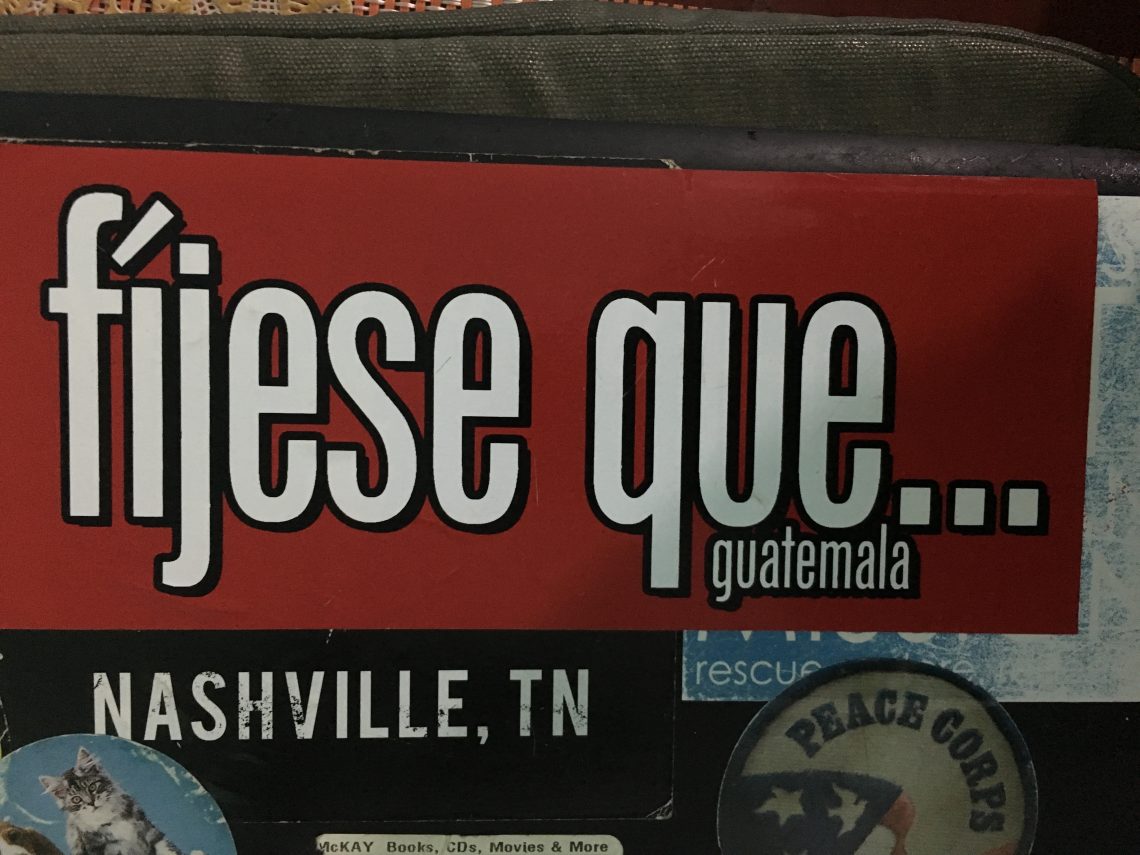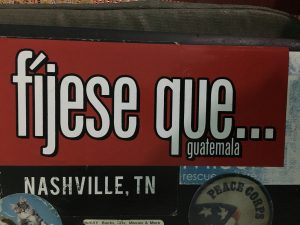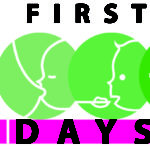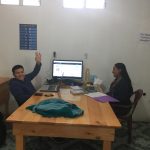So, here’s a photo of a really cool sticker that my sitemate Adam, a fellow PCV who lives in my town but who will be leaving in less than a week, has on his laptop.
This phrase is pronounced something like “Fe-gu-say K . . .” and basically it means, more or less, “Unfortunately . . .” and Guatemalans frequently use this phrase before delivering bad news to somebody. For example, if I had planned an event with a fellow Peace Corps Volunteer, but they had to change their plans, they might break this news to me by staring out with Fijese que . . . I can’t come because I got invited to a boat party this weekend. Or in another situation, another volunteer might tell me that they had planned a meeting with their work partner but got, “Fijese qued” (a mix of Spanish and English), meaning that the work partner had to cancel due to unforeseen events.
Another phrase that gets thrown around a lot here in Guatemala is “pilas”, which means “cool” as if a volunteer says that their work partner is “super pilas” and they collaborate all the time on projects. At first I found this confusing as a “pila” is an ubiquitous type of cement moulded sink used to wash clothes and dishes here, so how is “pilas”, apparently the plural form of pila change from a word meaning sink into being super cool! Now I use both of these words without even thinking about them.
One of my favorite words isn’t even Spanish, but a K’iche word that people use to say “OK”, after saying goodbye to somebody. It’s “Wi” which is pronounced the same as Wii in Nintendo Wii! After a visiting guest says goodbye in K’iche, (which is j’bai (ha-bye) in K’iche and sounds a lot like ‘bye’ in English), the person receiving the j’bai will often say ‘Wi’ in return.
2,375 total views, 2 views today








Comments by Mateo
Peace Corps Guatemala: Daily Activities 3: Women’s Group Handwashing Charla
Hi Emilio, I like your blog! I will send a postcard to ...